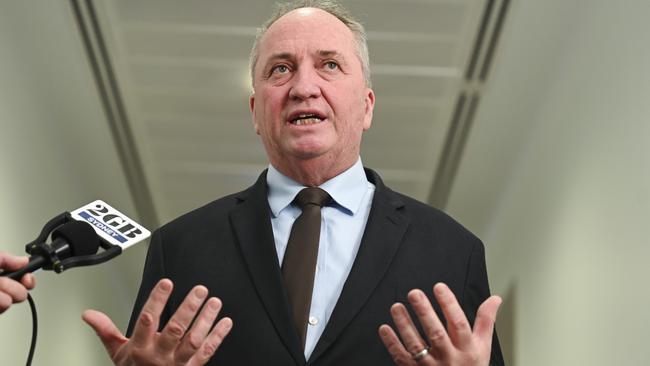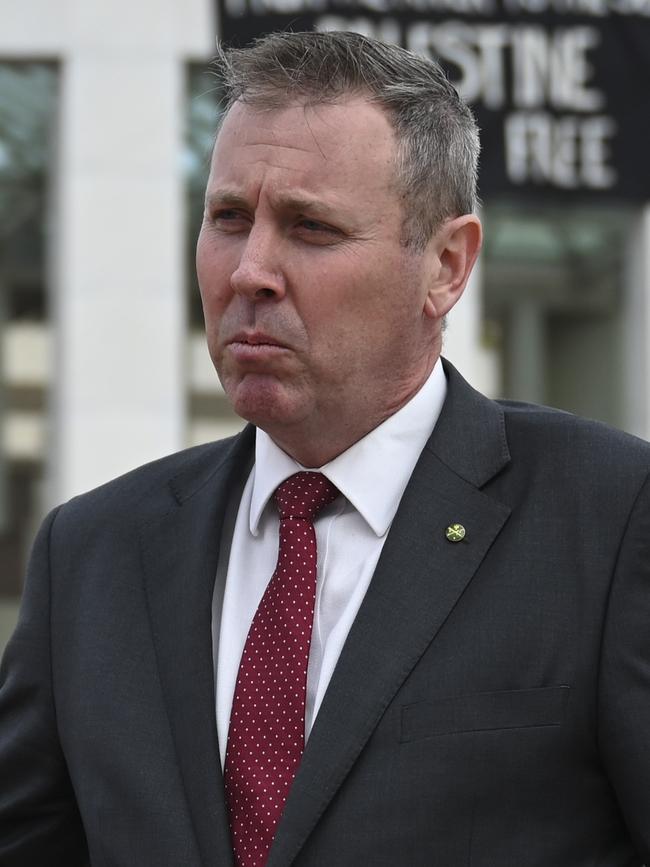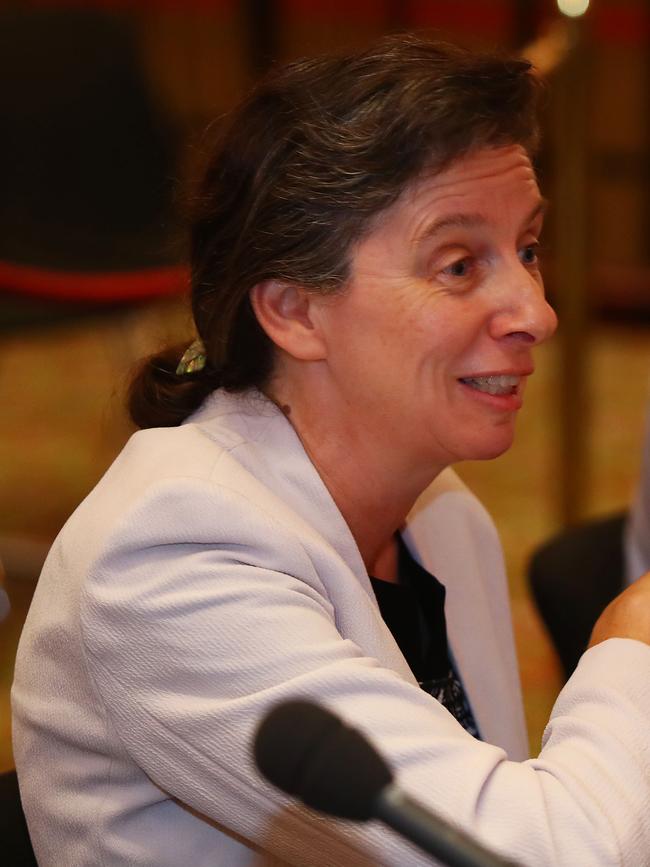Coalition MPs press for zonal tax expansion
As calls grow to expand regional and rural tax breaks, David Littleproud hints the opposition is considering changes to the zonal tax system.

Liberal and National MPs are pressing Peter Dutton to expand tax breaks for regional and rural Australians in a bid to help ease the cost-of-living squeeze.
The intervention comes after Nationals leader David Littleproud hinted on Sunday that the Coalition was considering changes to existing zonal tax deductions, echoing comments made by the federal Opposition Leader, who said he was “happy to have a look” at tax settings in regional areas.
“We are working through a suite of measures. There is already a zonal tax rebate that is in place,” Mr Littleproud told the ABC.
“The cost of living in regional areas is significantly greater because of the cost of transport fuel. So we want to make sure that we get that policy setting right.”
First legislated in 1945, the Zone Tax Offset (ZTO) provides taxpayers residing in designated regional and remote areas a deduction of between $57 and $1173 in recognition of the limited services provided by government.
Despite substantial demographic shifts since their inception, the zone boundaries remain largely unchanged, and are currently based on data from the 1980s, meaning taxpayers in major regional centres that are home to considerable public services – including Darwin, Townsville and Cairns – receive deductions.
At the same time, taxpayers in many similarly sized regional cities do not receive any offset.
Nationals frontbencher Barnaby Joyce said the measure should be expanded to assist the “most needy” and cover additional areas.
“There’s some areas where it’s just an absurdity that they pay tax at the same rate as some in the city,” he said. “They pay tax for public services and they don’t get any.”
Despite Mr Joyce’s regional electorate of New England taking in the regional cities of Armidale and Tamworth, taxpayers there are not eligible for the ZTO.

Liberal MP and house economics committee deputy chair Garth Hamilton, whose regional electorate of Groom includes Toowoomba and is similarly ineligible for the ZTO, welcomed discussion around expanding tax offsets in the regions.
“There’s got to be an incentive for business to come out, for young families to come out to areas like mine,” he said.
A review of tax concessions and payments in remote areas undertaken in 2020 by the Productivity Commission was scathing of the ZTO, stating the measure was “outdated”, “poorly targeted” and found nearly half of all claimants lived in large coastal regional cities.
“There is no compelling justification for a zone tax offset in contemporary Australia,” the report read. “Higher living costs or other aspects of life in remote areas do not warrant compensation through the tax system.”
Finding no evidence to suggest the ZTO encouraged people to live and work in designated areas, the Productivity Commission suggested it be abolished.

Despite support within some segments of the Coalition, the constitutionality of the ZTO remains a potential impediment to its expansion. While never challenged in its near-80 year history, legal scholars argue the ZTO’s validity remains uncertain as it could potentially breach the Constitution, which states the federal government cannot “discriminate between states or part of states” with respect to taxation.
“Because it’s an offset rather than a tax rate … there’s some doubt about it,” constitutional law expert and Sydney Law School professor emerita Anne Twomey said. She was doubtful the Coalition would press ahead with reforms to zonal taxation.
“Tony Abbott raised the same thing back in 2013 … it’s the sort of thing they talk about before elections; it’s also the sort of thing that doesn’t happen after an election.”




To join the conversation, please log in. Don't have an account? Register
Join the conversation, you are commenting as Logout